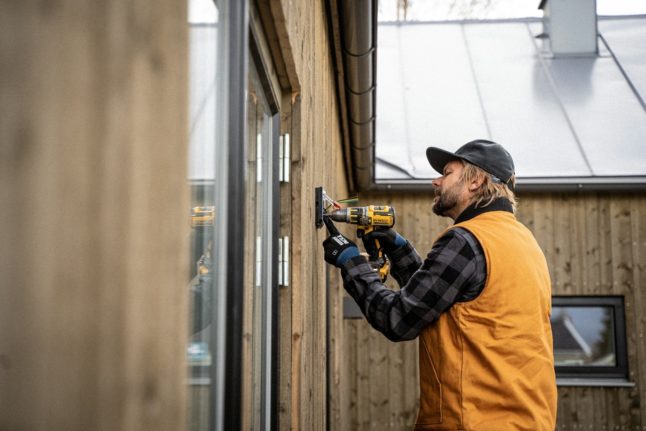For salaried employees, payday is traditionally the end of the month, but most workers now have their money transferred automatically into their bank accounts.
However, this year, the end of March coincides with Easter weekend, with Easter itself falling on Sunday, March 31st. Therefore, the Europe-wide Target 2 system, which handles automated SEPA payments within the EU and EEA, will be closed over the Easter weekend.
The European Central Bank, which oversees Target 2, closes the exchange system on weekends and selected public holidays. For Easter, that means a four-day closure from Thursday, March 28th, to Tuesday, April 2nd, according to reporting in the Journal du Geek.
Although Good Friday (March 29th) is not a holiday in Austria, many other European countries observe it as a public holiday.
READ ALSO: Why is Good Friday not a holiday in Austria?
That means that a salary paid on March 28th won’t reach the recipient’s bank account until Tuesday, April 2nd.
Target 2 is closed on May 1st, December 25th and December 26th. These dates don’t usually affect salary payments, so Easter is usually affected when it coincides with the end of the month.
Normal banking services will continue over the Easter weekend, and instant transfers and internal transfers between two accounts handled by the same bank will also proceed as normal.
The salary delay won’t affect people who get paid on other dates or those paid in cash.



 Please whitelist us to continue reading.
Please whitelist us to continue reading.
Member comments